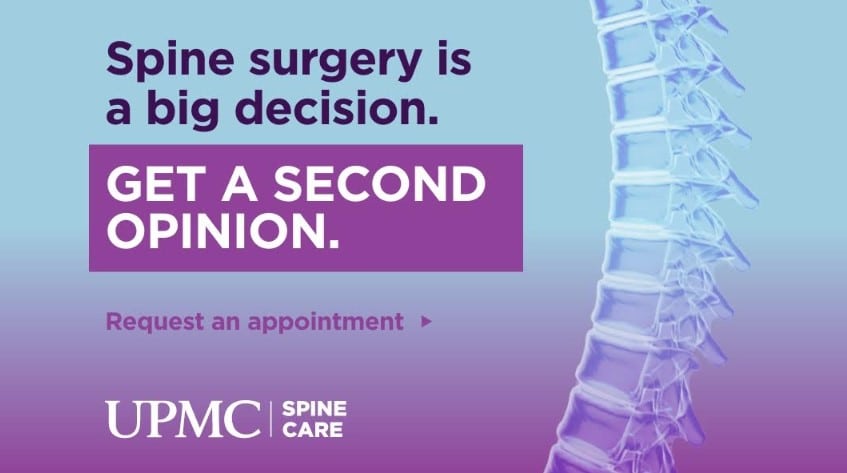Letter to the Editor: Quality Health Care Starts in the Field
On an average day, people don’t typically think about the worst happening at any moment, but then a sudden pain fills your chest, a family member has a traumatic accident, or maybe someone close to you begins to have an allergic reaction. What do you do? Dial 911 and wait for the ambulance to come. First on the scene, no matter the call, day and night, EMS clinicians are at the ready – prepared, professional, rising to every challenge and vigilant for whatever is next.
As we enter National EMS Week (May 21-27), I want to take the opportunity to offer appreciation and praise, personally, and on behalf of my colleagues at UPMC in North Central Pa., to these often-unsung heroes answering the call and caring for our communities.
This year’s theme – EMS: Where Emergency Care Begins – acknowledges the essential role our EMS clinicians play in ensuring quality emergency care is just a phone call away.
Access to quality emergency care is a critical part of the health care delivery system, especially in rural regions like those we serve here in north central Pennsylvania, and it starts before a patient ever makes it to a hospital or care facility. Annually, the EMS system in Pennsylvania responds to a little over 2.4 million requests – the majority of which are emergency responses to incident scenes. EMS clinicians are always being asked to do more with less and yet they continue to rise to the occasion without faltering. Career or volunteer, it doesn’t matter, as they are all professionals when the tones drop.
EMS clinicians, thank you for all that you do. Successful outcomes in emergencies start with you. You are the most present example of health care in our communities. You are the ones out on the streets and in homes every day making a difference.

As the demand for EMS services in our communities continues to exponentially grow, I encourage everyone to take the time to inquire on how they can help support their local EMS agencies. Many of these agencies are looking for volunteers and you can help make a difference. Additionally, I ask everyone to consider taking a CPR, first aid, or Stop the Bleed course. These courses can often be completed in a few hours but can help you make a difference as a bystander and potentially even save a life.
Jeffrey Myers, DO
EMS Medical Director
Emergency Services, UPMC in North Central Pa.




